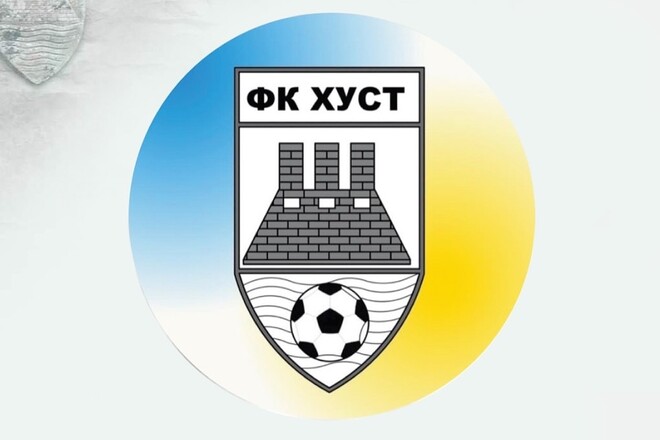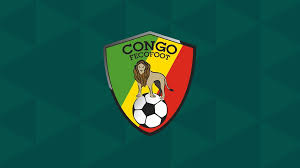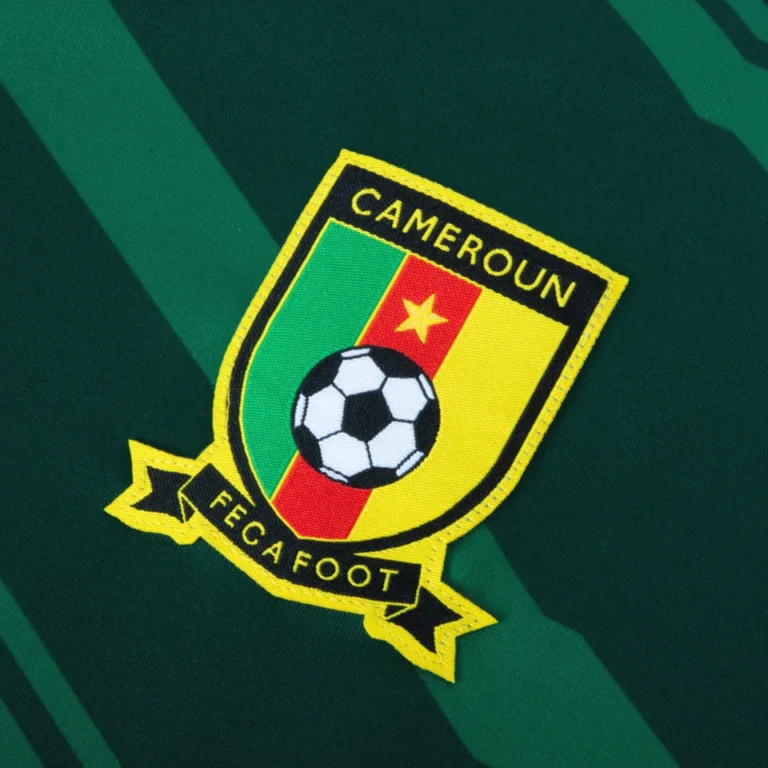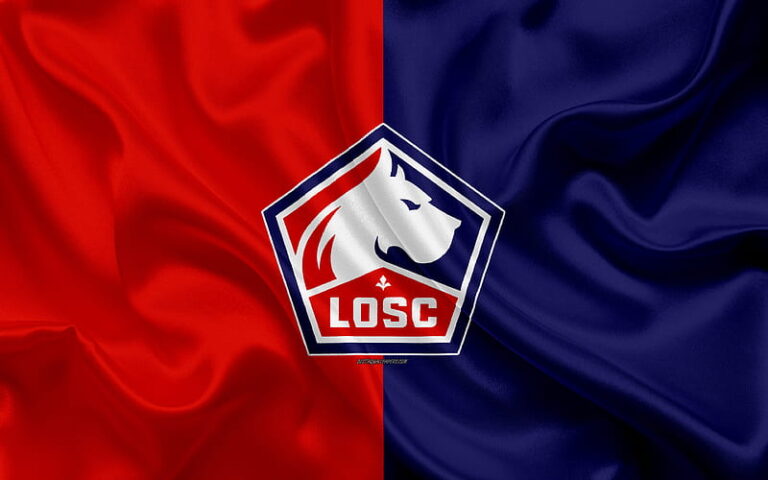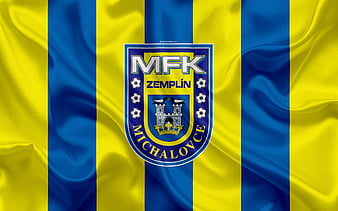
Athletic Club
Athletic Club, often referred to simply as Athletic, stands as a proud symbol of Basque culture and identity. Founded in 1898, the club has not only made significant contributions to the world of football but has also become an integral part of the social fabric in the Basque Country. With its unique philosophy of fielding only Basque players, Athletic Club represents a rich history steeped in tradition, pride, and an unwavering commitment to its roots 789f.
History of Athletic Club
The journey of Athletic Club from its inception to its current status is a compelling tale that intertwines with the evolution of sport in Spain.
Formation and Early Years
Athletic Club was born out of the growing interest in football during the late 19th century, significantly influenced by British expatriates in Bilbao. The idea for establishing a local football team emerged when members of a cultural society began playing matches on weekends. It wasn’t long before formal organization took place, and the club was officially founded.
The early years were characterized by a strong emphasis on amateurism, which shaped the club’s identity. Athletic embraced the spirit of competition while promoting fair play and community involvement. The first major achievement came shortly after formation when they participated in the Copa del Rey, one of Spain’s oldest football competitions. This marked the beginning of a storied rivalry that would define Athletic’s path in Spanish football, leading to a series of impressive performances in national tournaments.
Growth and Development Through the 20th Century
As the 20th century unfolded, Athletic Club expanded its reach, becoming a prominent force in Spanish football. The club faced various challenges, including the Spanish Civil War, which disrupted many facets of life, including sports. However, the resilience of the Athletic community saw them through this turbulent period, and they returned stronger than before.
During the mid-20th century, Athletic Club established itself as a formidable competitor, consistently finishing near the top of La Liga standings. Their philosophy of prioritizing Basque talent became a cornerstone of their success, nurturing homegrown players who would go on to leave an indelible mark on the world stage.
Modern Era and Global Recognition
Entering the 21st century, Athletic Club continued to maintain its unique approach while adapting to the evolving landscape of global football. The club’s commitment to its Basque-only player policy has garnered both admiration and scrutiny, reinforcing their stance as protectors of regional identity in an increasingly commercialized sport.
